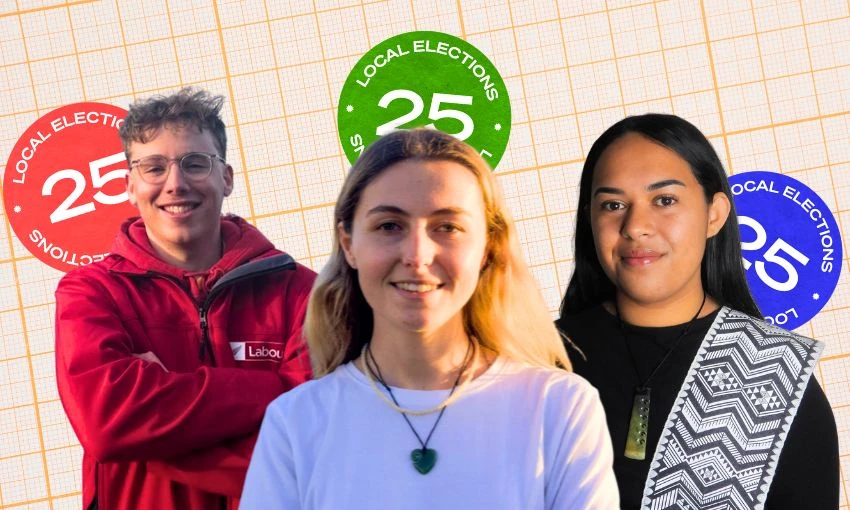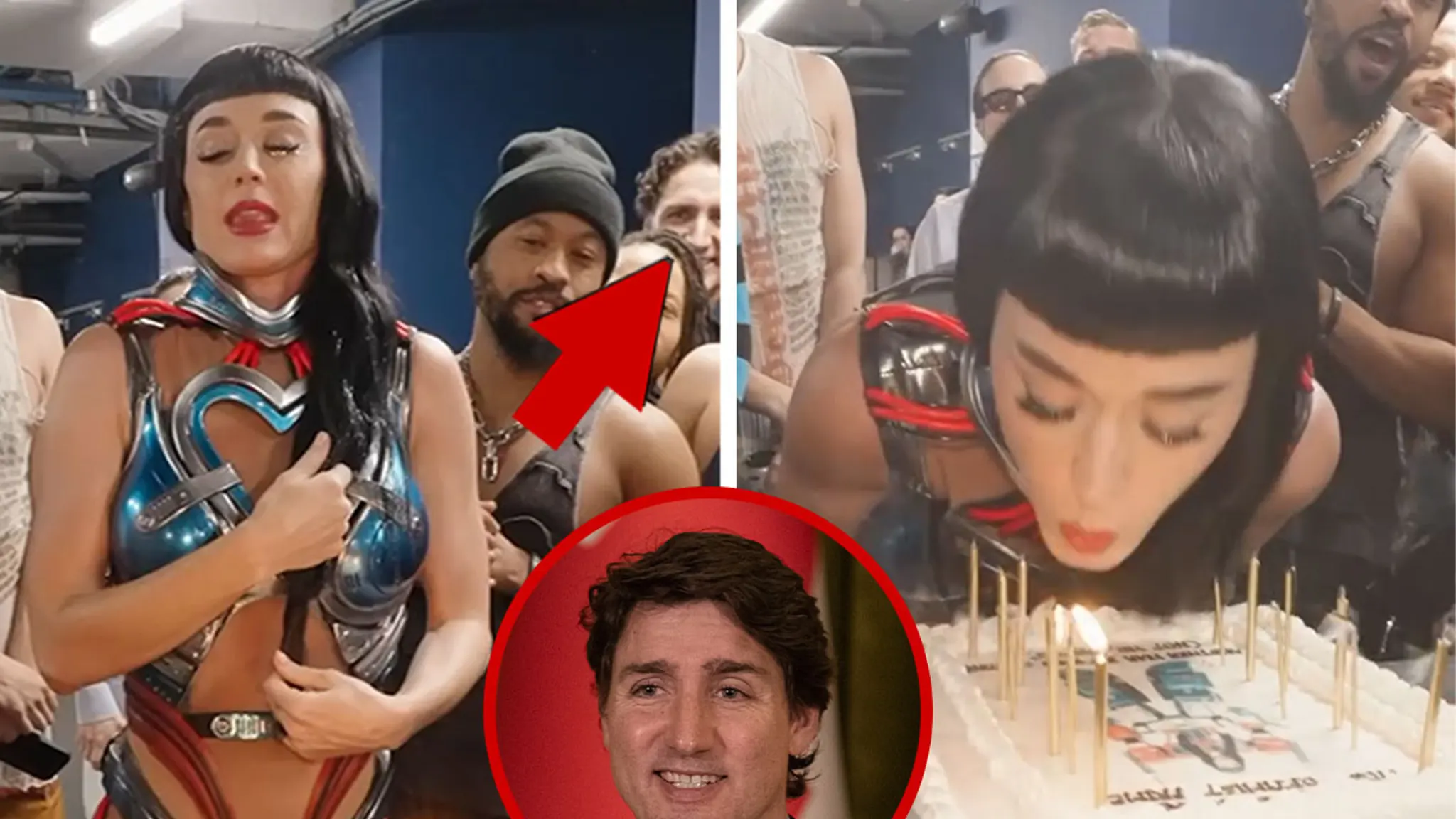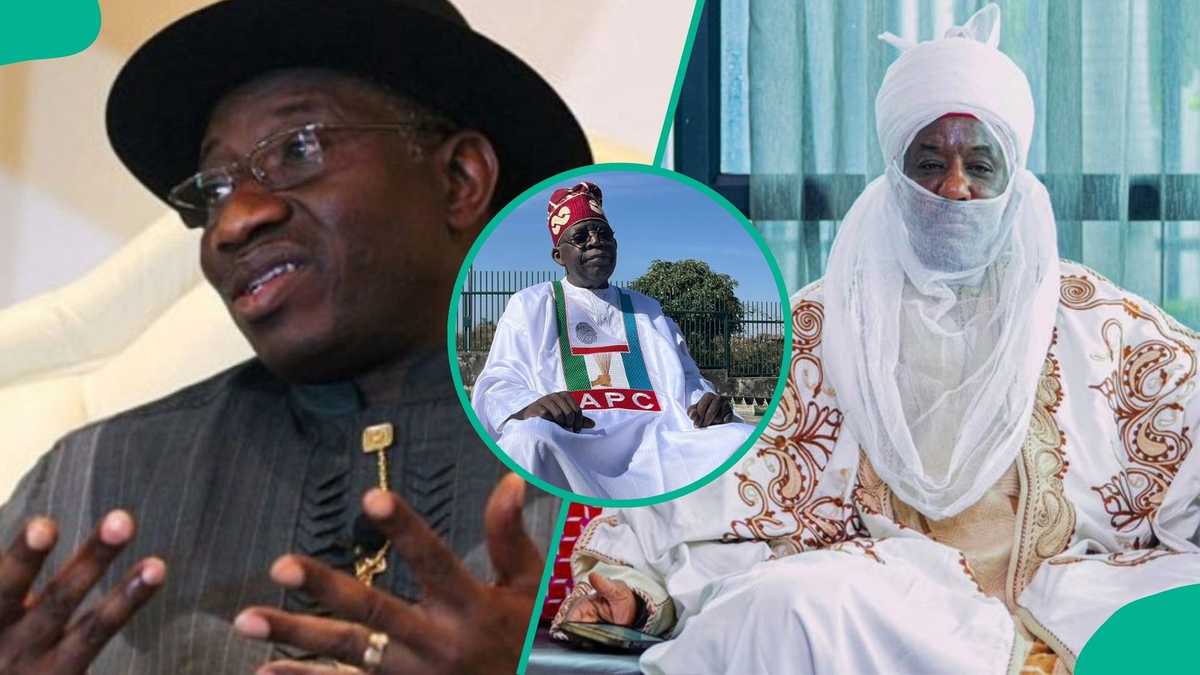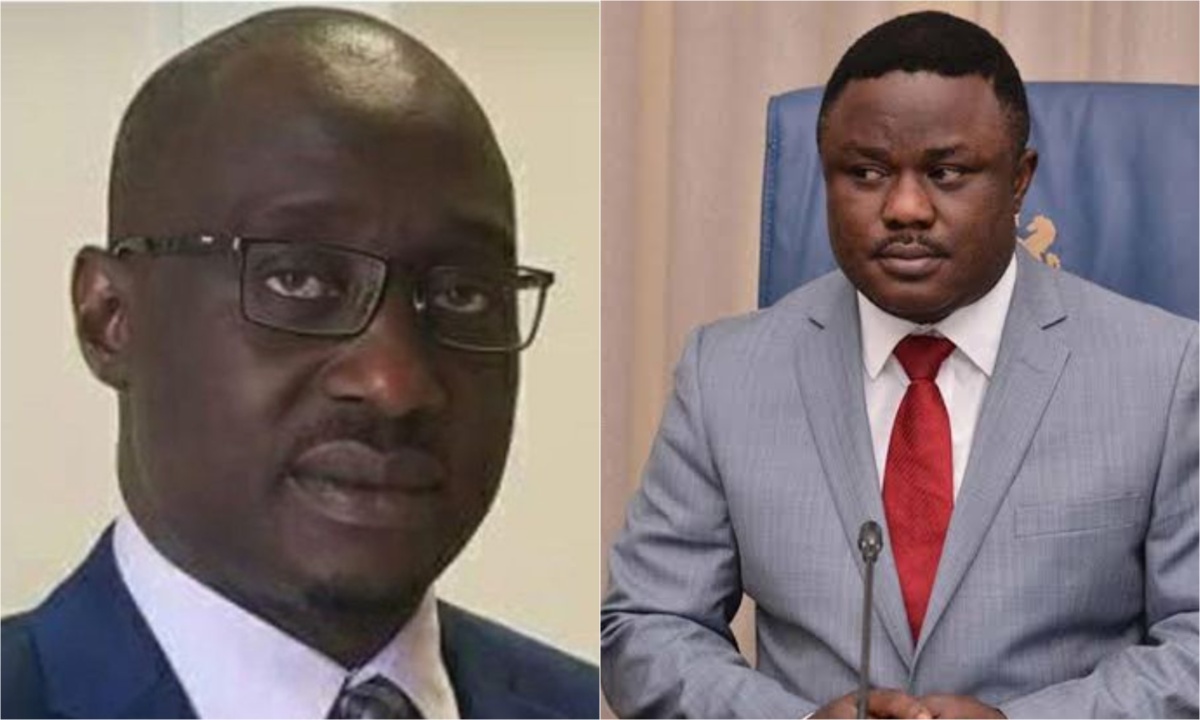Copyright thespinoff

Winning is the first step. The next is keeping up the hype. With local elections done and dusted, a number of baby-faced representatives will have their chance to carve out a youth voice in a slowly de-ageing arena. The largely greyed and middle-aged world of local politics still has yet to see a high-magnitude youthquake rip through council offices and shake up the whole system, but there have been some tremors – like a doubling of under-40 councillors between 2016 and 2022 (though they still made up only 14.6% of all councillors, despite being nearly half the population). That period launched the careers of Wellington City councillor turned Green MP Tamatha Paul, now thrice-elected Rotorua Lakes councillor Fisher Wang, and recently departed (on their own terms) councillors Teri O’Neill in Wellington and Rohan O’Neill-Stevens in Nelson. And while we don’t yet know the demographics of those elected in 2025 (LGNZ usually does an elected member census early the year after a local election), a number of high-profile young candidates were successful, including Waikato District Council’s Fabio Rodriguez, aged just 19, and 21-year-old Caitlin Wilson, who won a seat on Auckland Council’s Waitematā Local Board on the City Vision ticket. When The Spinoff first spoke to Wilson in August in the midst of her campaign, she said she saw herself as a “sacrifice” to the cause. The former co-convener for the young Greens only put her hand up for the job because no one else her age wanted to do it. Now, having picked up the second-most votes of the seven candidates elected to her board (less than a hundred behind her two-term City Vision running mate Alex Bonham), Wilson sees herself as less of a sacrificial lamb, and more of a voluntary offering. Speaking over the phone with The Spinoff, Wilson’s cadence is reminiscent of Chlöe Swarbrick – which makes sense, given the Greens co-leader inspired her interest in politics, and was on the phone with Wilson to cool her nerves before her first debate. Having just finished her first onboarding session, at the top of Wilson’s mind is the mahi she needs to get done within the next three years to make Auckland “the kind of city that people don’t want to leave”. For her, this looks like tackling housing affordability and homelessness in the centre city, building some community spirit and improving the council’s transparency processes, so locals might feel more engaged. “I hope people can look at me and realise that everyday people can be in these places, and that we can’t change the system until we show up,” Wilson says. “Take it from me that you really don’t need to know everything – I’ve only ever been to one local board meeting.” The record-low voter turnout in Tāmaki Makaurau has been a bummer for Wilson, who reckons young people likely make up a significant chunk of that missing voice (in 2022, turnout was lowest for those aged between 26 and 35). She chalks her success up to a “really strong grassroots campaign”, knocking on doors every weekend and “chatting with people on the ground and meeting people where they were”, as well as dropping personalised postcards in letterboxes and making social media content in lieu of those face-to-face conversations. “We’ve grown up on social media, and sometimes we really don’t want to have that conversation with a random stranger,” Wilson explains. The memes and studies about gen Zers not wanting to answer their phone rings true, she says, but having to hit the phones for hours on end on the campaign trail has at least helped Wilson get over that particular fear. Further south in the Tararua district, newly elected Keshaan Te Waaka speaks with The Spinoff on the eve of her first full day in the office as the council’s Māori ward representative. The 21-year-old is brimming with energy as she lays out her plans to up rangatahi enrolments in her area in a bid to vote out the current coalition at next year’s general election. “We had the lowest enrolments in our district, and there’s no urge to fix it,” Te Waaka says. “It seems no one wants to go there because rangatahi aren’t ratepayers. So that’s the area I really want to work on.” Nationwide, just 57% of 18- to 24-year-olds are enrolled to vote. Council seemed a natural step for someone who was already working with (and will continue to work for in a part-time capacity) local iwi Ngāti Kahungunu, has been heavily involved with local marae and teaches kapa haka at the local primary school (“I love being a kaupapa girl”). With Tararua voting to disestablish its Māori ward, Te Waaka will be the council’s last representative, and it’s been hard not to take that on personally. “Struggling to be myself” as the campaign kicked off and the pressure kicked in, Te Waaka received some key advice from Wellington Central MP and former city councillor Tamatha Paul: “She said, ‘screw them, just be you, don’t care what anyone says … Whatever the outcome is, that’s not on you.’” Te Waaka comes into council at a time when abuse against female councillors appears to be relentless. She’s reassured by the strong wāhine support around her, and the “incredible worldview” she gained growing up in kura kaupapa, before moving to mainstream schooling where she and her siblings were treated as “special” students. “I really tried to hide who I was after that experience, because that was pretty traumatic,” Te Waaka says. “The only people I really listen to are those who truly know me, which is my kaumātua, whānau and marae, first and foremost.” In the capital, the last time The Spinoff met with Wellington’s new Eastern Ward representative Sam O’Brien, the 25-year-old was still working in the Greater Wellington Regional Council office on environmental policy while campaigning for a city council seat. Two months and hundreds of door knocks later, O’Brien has swapped the regional council office for Wellington City Council’s, and later this week, when new councillors are inaugurated, O’Brien will officially become the youngest around the table. That table lost some young blood with the voluntary departure this election of Teri O’Neill (who was first elected to the Eastern Ward at age 21 and endorsed O’Brien to replace her), as well as the council’s 26-year-old Māori ward representative Nīkau Wi Neera. At 26, re-elected Lambton Ward councillor Geordie Rogers also brings a youthful perspective – O’Brien and Rogers’ combined years on Earth don’t quite reach new mayor Andrew Little’s 59. Housing and infrastructure is a big focus for O’Brien, who is looking forward to seeing the council switch to land value rates, increasing public transport uptake, greater housing intensification, and a revitalisation of his ward’s social housing, the current state of which has left entire streets without residents. O’Brien’s slick Zohran Mamdani-esque online campaigning certainly helped him carve out a unique brand, but O’Brien doesn’t see it as being his secret to success. Rather, knocking on doors and talking to the “ordinary people” on the campaign trail, especially when you can boost this effort by getting your mates on board, will always be the best way to win over the public, O’Brien reckons. It also can’t hurt to be backed by a supportive party. As well as bringing a youthful perspective, as a fantasy basketball fan, O’Brien will represent a greatly overlooked community – the hoopers. Naturally, The Spinoff asked O’Brien for his fantasy council draft, and he delivered: Karl Tiefenbacher at centre, Nicola Young at power forward, Laurie Foon at small forward, Nureddin Abdurahman at shooting guard, and Andrew Little at point guard. Meanwhile, Ben McAnulty will be on the benches, drinking a beer. A little bit of youth-initiated workplace bonding over some social sport could be pretty good for the longevity of this Wellington City Council cohort.



